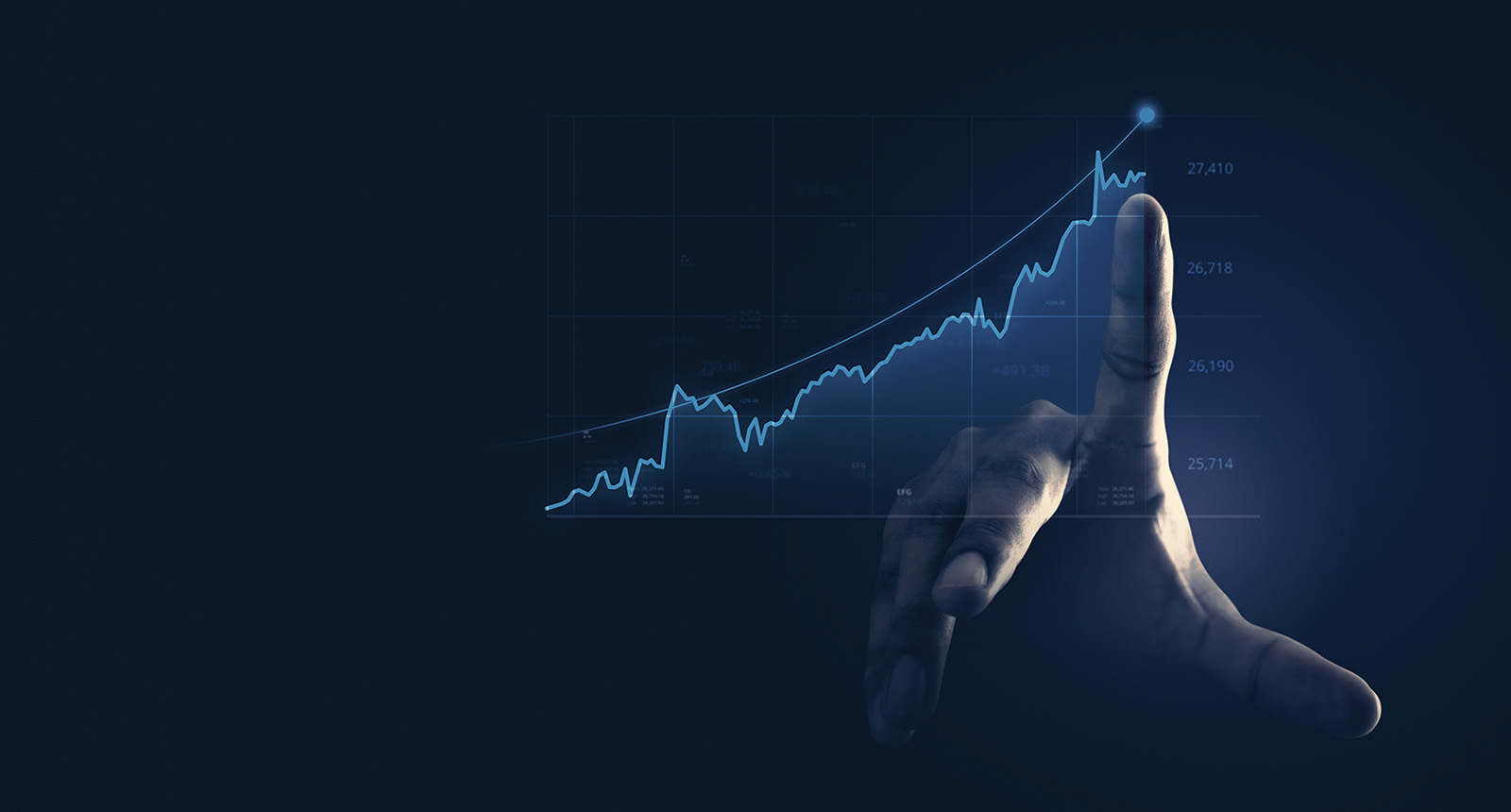In the world of finance, individual investors are often looking for innovative ways to grow their wealth and diversify their portfolios.
One such approach is investing in basket-based structured products and certificates.
These financial instruments allow investors to gain exposure to a collection of assets, such as stocks, bonds, or commodities, selected based on a specific sector or theme.
We will explore the concept of basket-based structured products, the benefits of investing in them, and how they can be an effective investment strategy for individual investors in Europe and Switzerland.

Investors are often looking for innovative ways to grow their wealth and diversify their portfolios. One such approach is investing in basket-based structured products and certificates.
Investors are often looking for innovative ways to grow their wealth and diversify their portfolios. One such approach is investing in basket-based structured products and certificates.
These financial instruments allow investors to gain exposure to a collection of assets, such as stocks, bonds, or commodities, selected based on a specific sector or theme.
Let’s explore the concept of basket-based structured products, the benefits of investing in them, and how they can be an effective investment strategy for individual investors in Europe and Switzerland.
Understanding Baskets and Structured Products
A basket is a collection of individual assets, typically selected based on a specific sector or theme. This selection aims to create a diversified portfolio that can help reduce risk while providing potential returns. In the context of structured products, a basket serves as the foundation for the investment, tracking the performance of the predefined assets.
Structured products, on the other hand, are financial instruments that combine various assets to create a single, customized product. These products are designed to provide specific risk-return profiles, making them suitable for investors with different objectives and risk tolerances.
One type of structured product, known as tracker certificates, is designed to track the performance of a predefined basket of assets. The performance of the basket is usually measured by an index or benchmark, allowing investors to gain exposure to the basket without having to directly own or manage the underlying assets.
Packaging and Issuance by Financial Institutions
Basket-based structured products are packaged and issued by financial institutions as standalone products.
The process involves selecting a predefined basket of assets and creating a financial instrument that tracks the performance of the basket. This packaging allows individual investors to access a diversified portfolio through a single investment, simplifying the investment process and reducing the need for extensive asset management.
Benefits of Investing in Basket-based Structured Products and Certificates
- Diversification
One of the main advantages of investing in basket-based structured products is the diversification they provide. By investing in a product that tracks the performance of multiple assets, investors can reduce their risk exposure and potentially improve their returns. This diversification can be particularly beneficial for individual investors who may not have the resources or expertise to create and manage a diversified portfolio independently.
- Customization
Structured products offer a high degree of customization, allowing investors to tailor their investments to their specific risk tolerance and investment objectives. For example, an investor who is bullish on the technology sector could invest in a structured product that tracks a basket of technology stocks. This customization allows investors to gain exposure to specific sectors or themes without having to invest in individual assets.
- Access to a wide range of assets
Basket-based structured products and certificates provide individual investors with access to a wide range of assets, including stocks, bonds, and commodities. This access can help investors diversify their portfolios and gain exposure to different markets and asset classes. Additionally, these products can provide exposure to international markets, allowing investors to benefit from global economic trends.
- Cost efficiency
Investing in basket-based structured products can be more cost-effective than investing in individual assets. By purchasing a single product that tracks multiple assets, investors can save on transaction fees and other costs associated with managing a diversified portfolio.
- Professional management
Structured products are created and managed by financial institutions, providing investors with the benefit of professional management. This expertise can help ensure that the products are well-constructed and that the underlying assets are selected based on sound investment strategies.
Basket-based structured products and certificates offer individual investors in Europe and Switzerland an attractive investment option. These financial instruments provide diversification, customization, and access to a wide range of assets, all packaged in a single, professionally managed product. By investing in these products, individual investors can reduce their risk exposure, potentially improve their returns, and gain access to different markets and asset classes.
When considering basket-based structured products and certificates, it is essential for investors to carefully assess their risk tolerance, investment objectives, and the specific product in question. This assessment should include a thorough understanding of the underlying assets, the issuer’s reputation, and the product’s fees and charges.
It is also advisable for investors to consult with a financial professional to determine if these products align with their overall investment strategy.
Basket-based structured products and certificates offer an appealing option for individual investors in Europe and Switzerland looking to diversify their portfolios and maximize potential returns. By providing exposure to a diverse range of assets through a single investment, these products can help investors achieve their financial goals while minimizing risk.
In light of the above discussion on basket-based structured products and certificates, let’s take a look at some specific examples. It’s important to note that these examples are for informational purposes only and should not be considered as investment advice. Before making any investment decisions, consult with a financial professional to ensure the product aligns with your investment objectives and risk profile.
- UBS ETC on Solactive Battery Value-Chain Index (ISIN: DE000A2N5ZD8)
This Exchange Traded Commodity (ETC) issued by UBS tracks the performance of the Solactive Battery Value-Chain Index. The index is composed of companies involved in various aspects of the battery value chain, such as mining, refining, manufacturing, and battery storage technologies. By investing in this ETC, individual investors gain exposure to a diversified basket of companies in the rapidly growing battery sector.
- Vontobel 5G Revolution Basket Certificate (ISIN: CH0496408549)
This structured product, issued by Vontobel, allows investors to participate in the growth potential of companies involved in the development and implementation of 5G technology. The basket includes a diverse group of companies from various sectors, such as network equipment providers, semiconductor manufacturers, and telecommunication services. The product offers a cost-efficient way for individual investors to gain exposure to the 5G revolution.
Source: https://www.vontobel.com/en-int/products/product-detail/CH0496408549/en-int/
- Julius Baer Next Generation – E-Mobility Tracker Certificate (ISIN: CH0322933659)
This tracker certificate, issued by Julius Baer, tracks the performance of the JB Next Generation E-Mobility Strategy Index. The index comprises companies involved in electric vehicle production, component manufacturing, and charging infrastructure. By investing in this certificate, individual investors can gain exposure to the growing trend of e-mobility and benefit from the potential growth of the industry.
Source: https://markets.juliusbaer.com/en/products/detail/CH0322933659/
Remember that past performance is not indicative of future results, and investing in structured products carries risks. Carefully consider the underlying assets, issuer, fees, and charges associated with any investment product.
Consulting with a financial professional can help you determine if these products align with your investment goals and risk tolerance.
Get Started with YiELDEN




